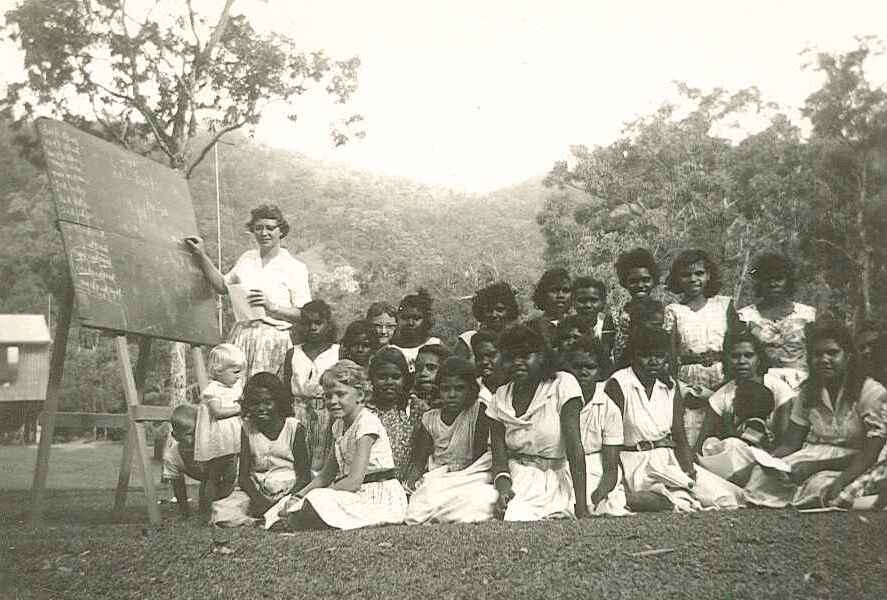About
We are honoured to launch this updated site as part of our 60th anniversary celebrations. Thanks to the dedication of our members and former members as they engaged in thousands of hours of research and fieldwork over the years, we are now able to provide digital versions of Scripture translations, dictionaries, grammatical descriptions, literacy materials and other resources in Aboriginal and Torres Strait Island languages.
Our work officially started in 1961 in the small town of Barnawartha in country Victoria when a small group of people gathered on the 19th of June to form a linguistic organisation dedicated to the study of Aboriginal languages and Scripture translation work. The decision to launch this new endeavour was based on language survey that had been carried out for several years, estimating there to be numerous “major language areas” in Australia.
By 1963 an administrative office had been established in Brisbane and work started in the Wik-Mungkan, Kuku-Yalanji and Bandjalang languages as well as the Burarra language in Arnhem Land. By 1968 the office was moved to the Northern Territory, operating first at the now Kormilda College and then at a property in Berrimah. By the mid-1970s in-depth linguistic work and translation was being carried out in over 15 languages in Australia. In 2002 the scope expanded to include research and language development work in the Timor region.
Though there have been many changes in government policy regarding Indigenous people over the years, AuSIL continues to support linguistic research, as well as the translation of religious, educational, and health materials into Indigenous languages. We also continue to advocate for the implementation of vernacular education in schools, not only because we are convinced that research indicates children learn best in the language they understand best, but also because we believe this is one of the best ways to respect and support the rights of Indigenous people who want to keep and strengthen their linguistic heritage.
